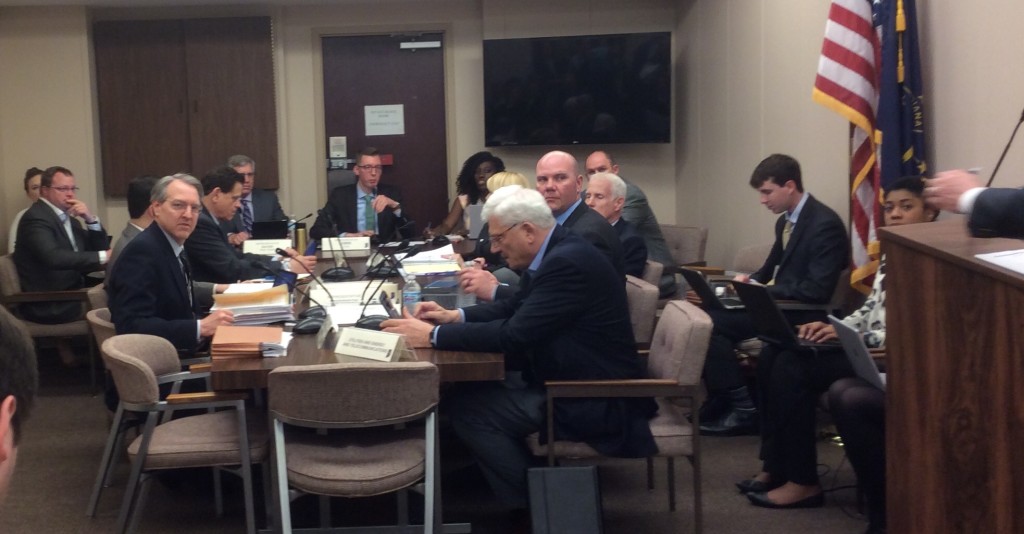
BROWN: Solar bill is wrong move for GOP
A: I want to be a Republican, I really do.
I’m a successful businessperson, hate paying taxes, and detest government intrusion. But I can’t bring myself to support a party that preaches personal responsibility but practices centralized control and protects certain corporate interests.
State Senate Bill 309 is a great example of that hypocrisy. After all, what could possibly be more Republican than private citizens and businesses assuming control of their electricity use by leveraging the sun to generate their own power? Sadly, my own home in a heavily treed area near Eagle Creek is ill-suited to solar panels, but I’m happy that solar power is a viable option for many of my fellow Hoosiers. Their use of solar benefits me indirectly by decreasing the load on the grid and reducing the need for additional smoke-spewing power plants. Their lower carbon generation improves the quality of the air my kids breathe.
Of course, the advocates of SB 309 will try to mask the true beneficiaries—the large power companies—by arguing that my solar-loving compatriots are being unfair to me. It’s this aspect of the hypocrisy that I resent the most—the absurd contention that the Legislature’s serving as lapdog for large corporate concerns is done for my well-being.
Clearly, Sen. Brandt Hershman and his fellow Republicans want to curry favor with the utilities at the expense of private citizens and small businesses. Don’t insult my intelligence (albeit doubted by Rep. Ed Soliday) by claiming that it’s being done to protect me from those nasty solar freeloaders. I’m far from the smartest guy in the state, but even I can see that distributed power generation makes our state more resilient to natural disasters and reduces the threat of cyberattacks.
The only real problem is that such a tiny portion of our state’s energy use comes from renewables—less than 1 percent. If anything, we should be increasing incentives to our fellow citizens to move to wind and solar more quickly. I’ll gladly pitch in a few pennies each month on my electric bill.
I do have to hand it to the utilities behind this legislation for getting ahead of the curve. They want to build monopolistic walls way before the barbarians are at the gates, and make sure their fortress is on as high a perch as possible. As a businessperson, I can understand. Just don’t have the gall to tell me it’s for my sake.
So, Republican Party, please drop the pretense of supporting individual freedom and personal independence. You’re in the pocket of Big Power and want to ease their concerns about the growing use of rooftop solar and other power generation outside their control. At least have the decency to admit it.•
__________
Brown is an Indiana tech entrepreneur and philanthropist. Send comments on this column to ibjedit@ibj.com.







